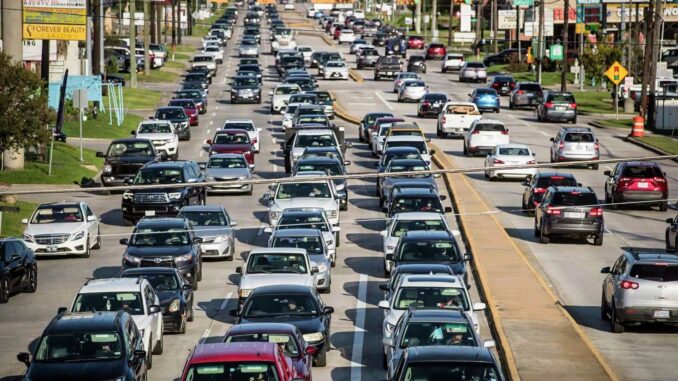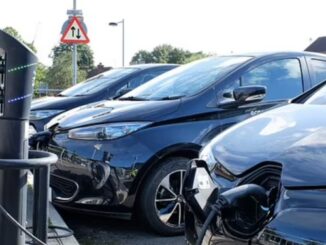
ENB Pub Note: This article is from Doug Seridan on LinkedIn, and he again hits it out of the park. There is no way the EU, the UK, and Canada can achieve Net Zero by 2050, as they will be bankrupt by 2028. Doug offers some great suggestions, and let’s see if there is any response. If it is like past responses, they will not listen. I would like a Tesla, but will only buy one after I get my Ford 250 paid for.
In the midst of renewed efforts by defeated climate-change sophists and their media supporters to resurrect the flawed Green Dream to reach Net Zero by 2050, we resubmit our thoughts on what a smarter approach to deadline with climate change looks like—
We support more baseload nuclear and natural gas generation—and, as able, geothermal and hydro—in lieu of coal, solar and wind. Streamline permitting. Build more load-following gas-fired generation to handle daily and seasonal variability, while prioritizing reductions in methane emissions that might undermine gas’s environmental benefits. Wring out grid inefficiencies.
EVs should be optional—not mandated—so not to overload grids or force EVs on those for whom they’re not a good fit. Automakers need the freedom to offer traditional hybrid vehicles and other innovations that suit customer preferences.
Unless we develop better alternatives to address emissions, gov’ts will continue to run massive deficits fueled by green subsidies and spending. Instead, in the US and other developed nations, climate activists should stop agitating for endless green gov’t spending, subsidies and mandates, and instead put carbon taxes to the test of democracy via referendums every four years. A share of proceeds from any carbon tax could go to R&D for energy innovation, road maintenance, efficiency upgrades, or to citizens as a dividend.
Any carbon tax should replace and eliminate all national energy subsidies, mandates, etc. Nations may consider the impact of a carbon tax on trade and competitiveness, and explore border adjustments if they choose. However, since voters won’t tolerate a high carbon tax, it will ultimately have to be set low. Even so, a $20/mt carbon tax will prove a better solution to carbon emissions than endless and massive subsidies and mandates for ineffectual renewables. Carbon taxes should automatically go to zero after four years, unless voters reapprove them at the ballot box.
These strategies and initiatives won’t get us to Net Zero—an unrealistic and unnecessary goal that’s done more harm than good. But they’ll bend the emissions curve enough to buy us time to make smarter decisions with better info and technology post 2050. More importantly, they’ll reduce the chance we effectively bankrupt ourselves paying for expensive non-solutions to a slow-moving climate threat.
Sooner or later nations—their leaders and voters—are going to have to wake up to the fact that climate change is neither the immediate nor solvable crisis they’ve been led to believe. And that means mankind needs to adjust how we approach and respond to it.
Are we wrong?
Avoid Paying Taxes in 2025
Crude Oil, LNG, Jet Fuel price quote
ENB Top News
ENB
Energy Dashboard
ENB Podcast
ENB Substack





